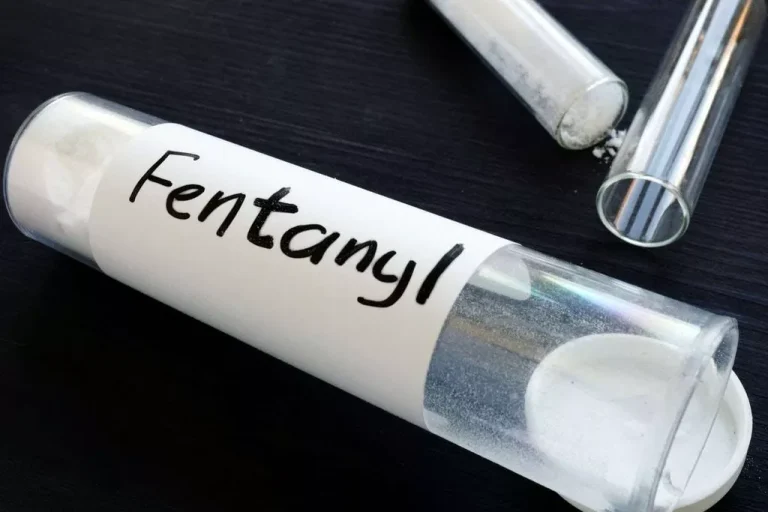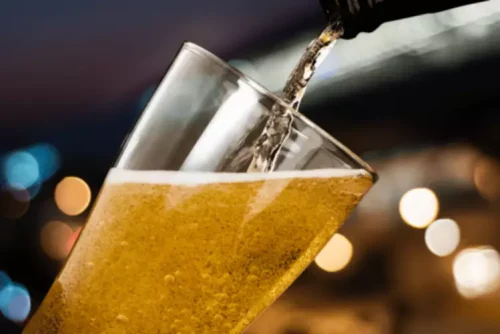
Vegetables such as broccoli, asparagus, and romaine lettuce are particularly beneficial during detox due to their high vitamin B content. These vitamins aid in building nutritional stores back up, support the nervous system, and contribute to overall well-being. To heal from these combined challenges, Aqua Recovery’s dual diagnosis treatment program is very helpful. Our program doesn’t treat one condition after the other, but it focuses on the common causes of substance abuse and eating disorders.
- Bananas are especially rich in potassium and can help replenish your body’s stores.
- Berries, citrus, melon and peaches are good fruits to eat during a detox because of their high water and vitamin content.
- That’s why it’s important to eat three meals a day plus snacks as your body heals.
Whole Grains and High-Fiber Foods
There’s no one way to prevent relapse and, sadly, around 40 to 60 percent of recovering substance users will relapse at least once before finally getting clean. Of course, these same chemicals can cause you https://ecosoberhouse.com/ to crave drinking again which can be a serious problem for former alcoholics for obvious reasons. Unravel how alcoholism develops over time, its effects on health, and the importance of early intervention.
How to Detox From Alcohol (With Food)

Eating an excessive amount of high-protein foods can strain the liver, which may already be damaged by alcohol abuse. Call our helpline today to learn more about alcohol detox options and how to find a treatment program for alcohol abuse that’s right for you. A multivitamin containing potassium, calcium, vitamin A, vitamin D, vitamin C, and other essential best food for alcohol recovery nutrients can also support physical recovery during and after detox. Certain foods may thwart the detox process by unnecessarily upsetting your stomach or dehydrating individuals who are experiencing moderate to severe withdrawal symptoms. Vitamin C is found in most fruits and can help repair liver damage and increase glutathione levels.

Should I Take Vitamins During Alcohol Detox?
Crackers contain fast-acting carbs that can increase your blood sugar during a hangover and improve related symptoms. Still, it’s possible that reaching for oatmeal after a night of heavy drinking could help with hangover-related fatigue or low blood sugar. One older study found that eating a breakfast full of complex carbs instead of refined sugars led to improved mood and fewer feelings of fatigue (37). Searching for tips on how to detox from alcohol safely is a common practice of people who are struggling with a drinking problem and their loved ones. When it comes to getting in enough nutrients during the detox process, diet isn’t everything. It can also be helpful to take certain vitamin and mineral supplements.
Nutrient-Dense Snack Options for Alcohol Recovery
Foods that are rich in nutrients help your mental health, easing feelings like sadness and worry that often come with recovery. Eating a balanced diet helps keep your blood sugar steady, which gives you more energy and mood balance, which are important for facing the difficulties of recovery. However, it’s important to consult with a healthcare professional or seek guidance from a qualified nutritionist to tailor your diet to your specific needs during alcohol detox. Nutrition for alcohol recovery is essential to healing both physically and mentally. Of course, the first step is making the decision to seek help, at which time you will go through a detox process to rid your system of harmful substances. However, detox often doesn’t fully address the foods and nutrients you’ll need on your recovery journey.
- Aside from water, it can be beneficial to add hydrating foods into the mix.
- It is a good source of fiber, folate, iron, and vitamins A, C, E, and K.
- Silymarin helps protect liver cells from damage caused by alcohol and toxins, and it promotes the regeneration of healthy liver tissue.

Master how to stop drinking with effective strategies, coping skills, and resources for recovery. Learn how to redefine your relationship with alcohol, establish healthier habits, and seek effective support. Our brain is a remarkable organ that can change and adapt throughout our lives.
Nutrition and Diet in Alcohol Recovery
This, combined with the symptoms of detoxification, can lead to dehydration. Drinking water is essential to restore and maintain proper hydration levels. It helps alleviate symptoms, supports the body’s natural detoxification processes, and promotes overall well-being. By incorporating these top foods into your diet during alcohol detox, you can support your body’s healing process and promote overall well-being.
Best Foods For Weight Loss And Muscle Gain, Plus Three Tips For Building Lean Muscle Mass

